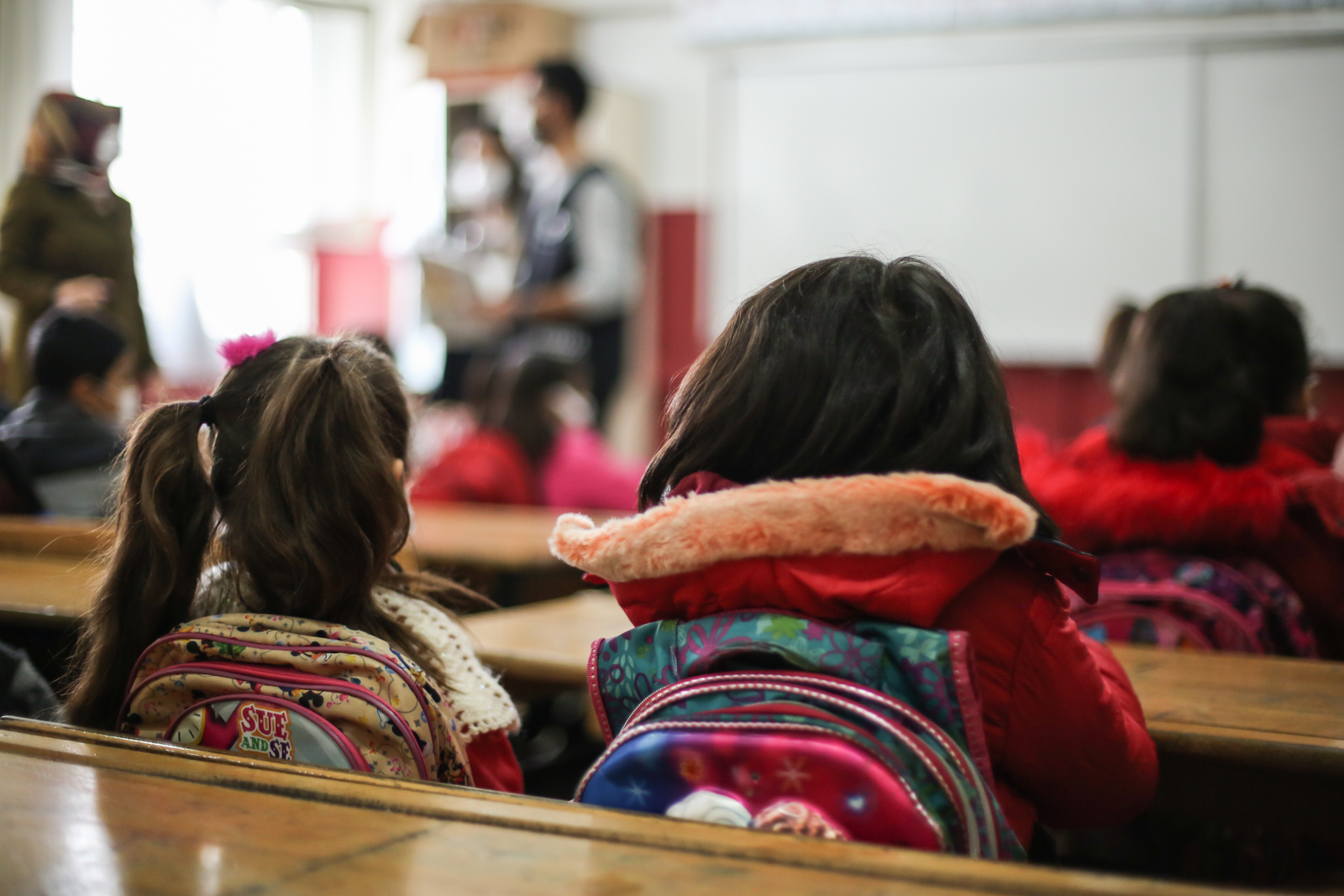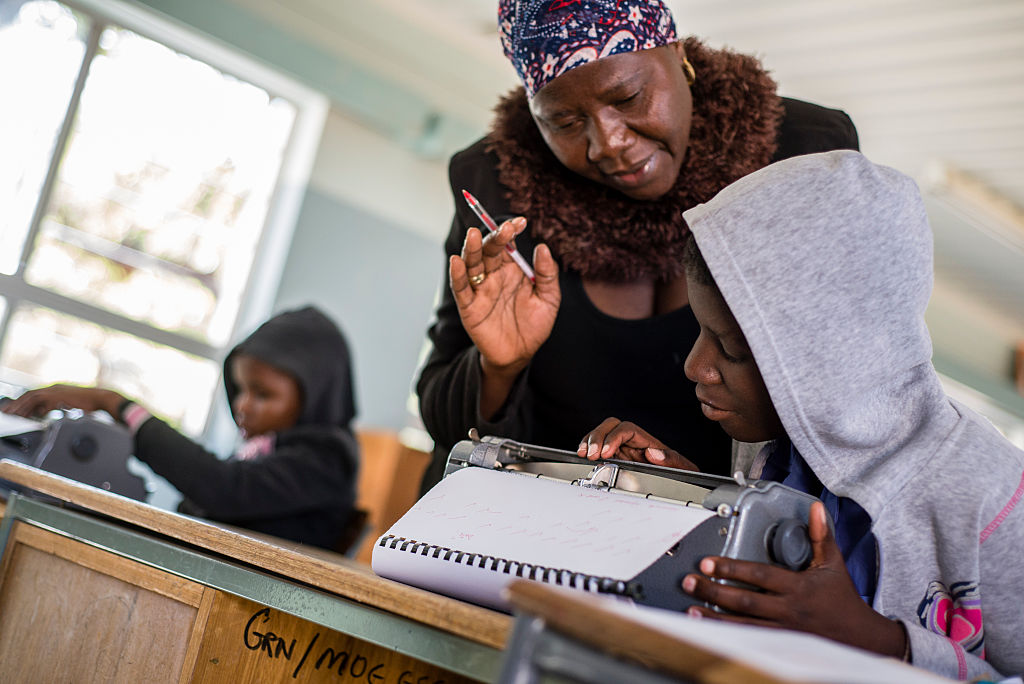
Irish aid helps 150,000 Ugandan children at risk of dropping out of school
Barriers to education, Child labour, Child marriage, Child trafficking, Children in conflicts, Children with disabilities, Education funding, Girls' education, Right to education, Teachers and learning
The programme aims to improve quality education for the most vulnerable children and adolescent girls in poor communities across the Karamoja region.
In the Karamoja region of Uganda, more than 80% of children aged six to 17 live in poverty and education is not seen as a priority in many communities.
School dropout rates are high – only 14% of children complete primary school there, compared with the national average of 67%. The quality of education can be poor and teacher absenteeism is a problem.
Children, especially girls, are also at risk of early marriage, female genital mutilation, trafficking and child labour.
It sounds like a desperate situation. But the Irish government has announced today it has given $7.7 million to improve quality education for the most vulnerable children and adolescent girls across Karamoja.
The Irish Aid-supported programme will target almost 150,000 children in schools – 76,606 boys and 57,834 girls from 283 primaries and 6716 boys and 4891 girls in 23 secondaries.
There will be a special focus on children at risk of dropping out of school and children with disabilities and special learning needs.
“This contribution from Ireland is critical in improving the skills and future of young people in Karamoja,” said Irish Ambassador Dónal Cronin.
“Education is key to the region’s development and this support, to be implemented by our partner UNICEF, is part of our ongoing efforts to empower some of the most vulnerable communities in Uganda.”
The money has been provided to the United Nations children’s agency to support Uganda’s Ministry of Education and Sports. The five-year programme will focus on key areas including strengthening girls’ education, improving teaching and promoting peace-building and conflict-sensitive education.

The support will also address cultural and social practices that continue to undermine inclusive and quality learning.
The programme aims to reduce gender gaps in enrolment and completion; improve learning outcomes in basic education; increase the transition of students from primary school to secondary school; and increase awareness within families and communities on the importance of investing in education for both girls and boys.
Aida Girma, UNICEF Representative in Uganda, said: “This support from the people of Ireland will help thousands of children to stay in school and have a higher quality education – especially adolescent girls who have a critical role in transforming the living conditions of their families and communities in the future.
“Given every additional year in school can increase that child’s future income by up to 10%, this programme will greatly improve the futures of thousands of children as well as the Karamoja region as a whole.”
Ireland has supported improved education access and quality in the Karamoja region for many years, including most recently the rehabilitation of 21 primary schools.
More news

Technology has the power to expand education for children with disabilities
